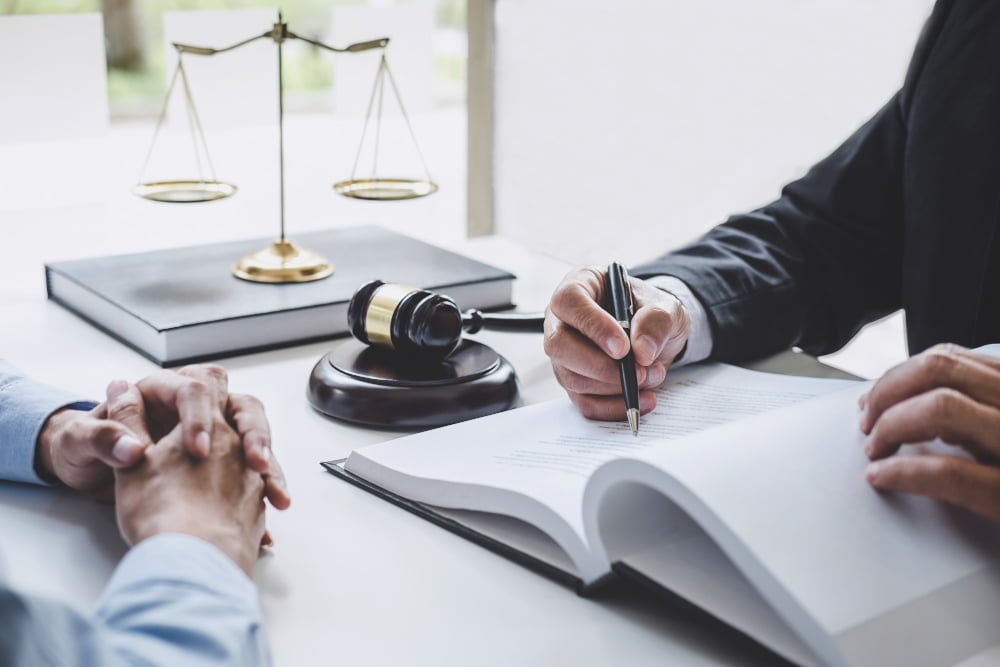When And Why To Invoke Your Right To Remain Silent
by Akram Mondal Business 31 May 2022

During arrests, the officer should give a particular warning to the suspects, and that is known as a Miranda warning. It typically includes two major purposes.
- Miranda warning preserves the admissibility of any statements which are made during interrogation by legal law enforcement officers.
- It holds the responsibility of protecting the person who has not been charged with a crime yet from self-incrimination prior they have the chance of consulting with an attorney.
The main purpose of a Miranda warning is to make sure that the suspects are informed that they have the right to remain silent and the right to counsel. After a Miranda warning, anything the suspect will say can be used against the suspect in court.
The Miranda warning typically includes the following.
- You have the right to refuse to answer any of the questions or to stay silent.
- Anything you will say after that can be used against you in court.
- You hold the right of speaking to a criminal lawyer MD before you talk to the police. You also have the right to have a Maryland Criminal Lawyer present during the time of police questioning.
- In case you are not financially capable of hiring a Maryland Criminal Lawyer if you want, an attorney will be appointed to you before questioning.
- In case you have started answering questions without a Maryland Criminal Lawyer present, you also have the right to stop answering whenever you want to until the time you get a Maryland Criminal Lawyer.
When Is Silent An Option?
Until and unless a police officer has any probable cause to arrest someone, is armed with a warrant, or makes reasonable suspicion to conduct a search, the individuals do not have any obligation to answer the law enforcement questions.
The individual also does not need to remain in contact with an inquisitive officer. The individual has the full right to walk away from the scene. And the best part is that it will be considered completely legal.
On the contrary, the officer can also ask questions legally and request to conduct a search. That can be done even without any suspicion as long as the officer is not suggesting that the individual is compelled to comply legally.
So, the individual can simply decline all these requests.
Now, let’s talk about a traffic stop.
In case an officer requests you to stop, you should show the legal professional your driver’s license, registration, and proof of insurance. Apart from providing the above-mentioned information, you are not obliged to answer any of the questions.
Here, you can just quote, “I am going to remain silent.”
In case the person wants to remain silent during a traffic stop, the officer might or might not take any further action.
For example, the officer might ask the individual to step out of the vehicle, then separate all the passengers from the driver. Now, the officer might ask some questions, but here, not a single person is obliged to answer any of the questions that the officer asks.
Apart from the choice of an individual to remain silent, other evidence might support suspicion or any probable cause. Still, in this case, an arrest is possible, and in case the suspect wishes to remain silent, they always should invoke their right with a clear declaration.
Your Fifth Amendment Rights
In case you are faced with any type of criminal charges and wish to remain silent, you have to verbally indicate that you are taking your Fifth Amendment privilege against self-incrimination.
And by evoking these particular protections, a suspect becomes capable of ending police questioning and requesting legal counsel.
When the police do not get a clear declaration, the police might continue to interrogate the suspect, only in case the suspect has received the Miranda warning.
It always should be remembered that the suspects can invoke their particular right to suspect at any time after the Miranda warning. Here, it is not necessary that silence will always infer guilt.
Actually, it might protect a suspect from making any incriminating statements, which might exacerbate the situation. Interrogation can be too long and, at the same time, exhausting, and when they are tired, feeling threatened, or afraid, people often say those things that they do not mean to say.
Additional Reading:







































































































